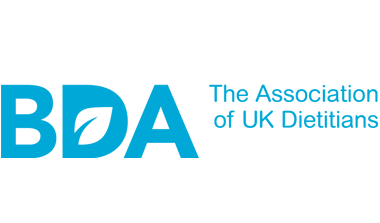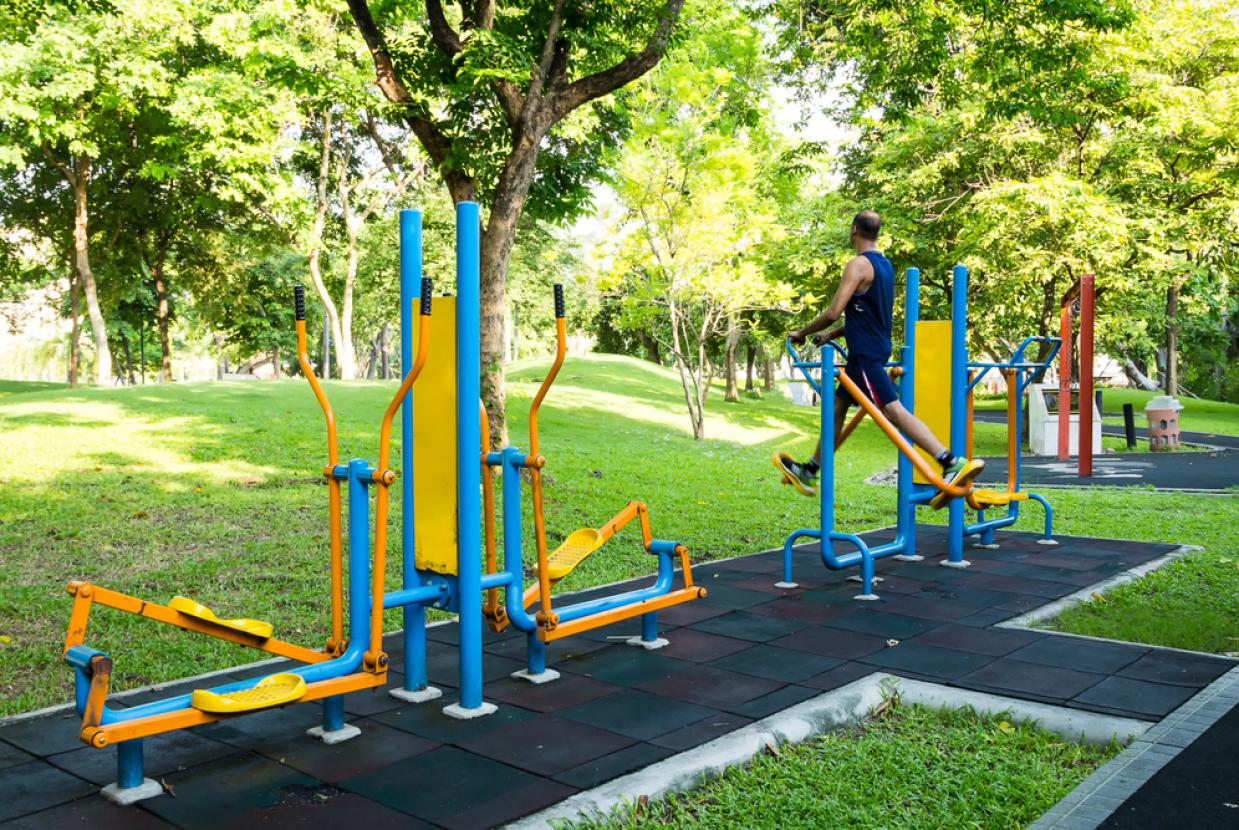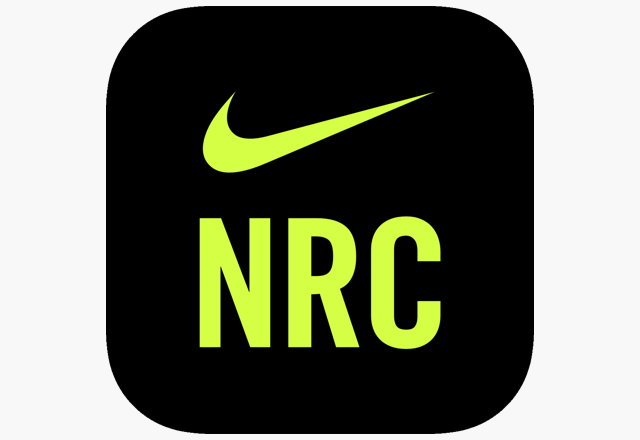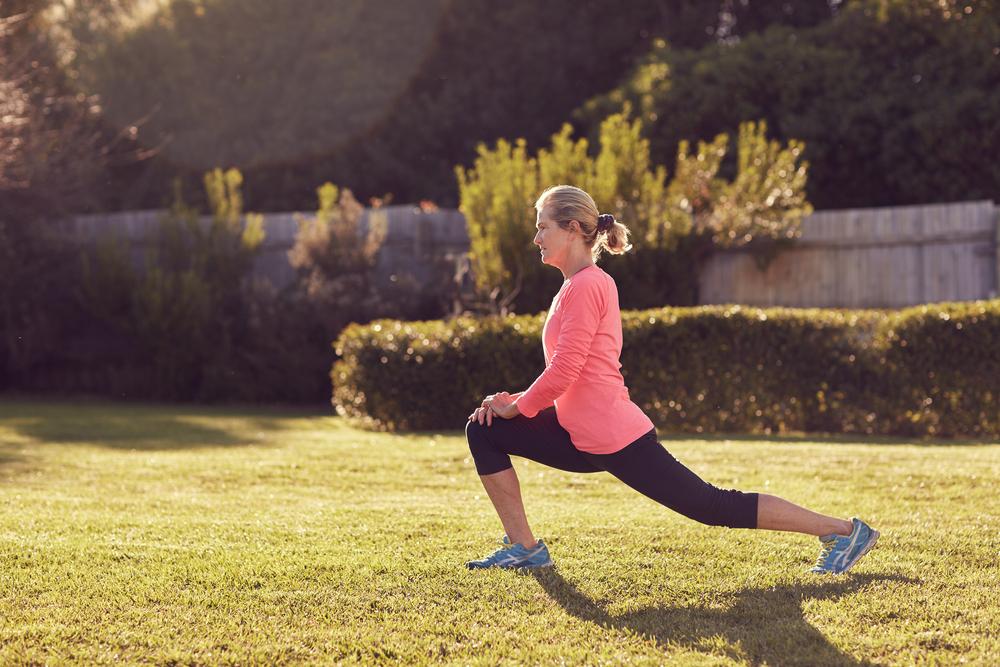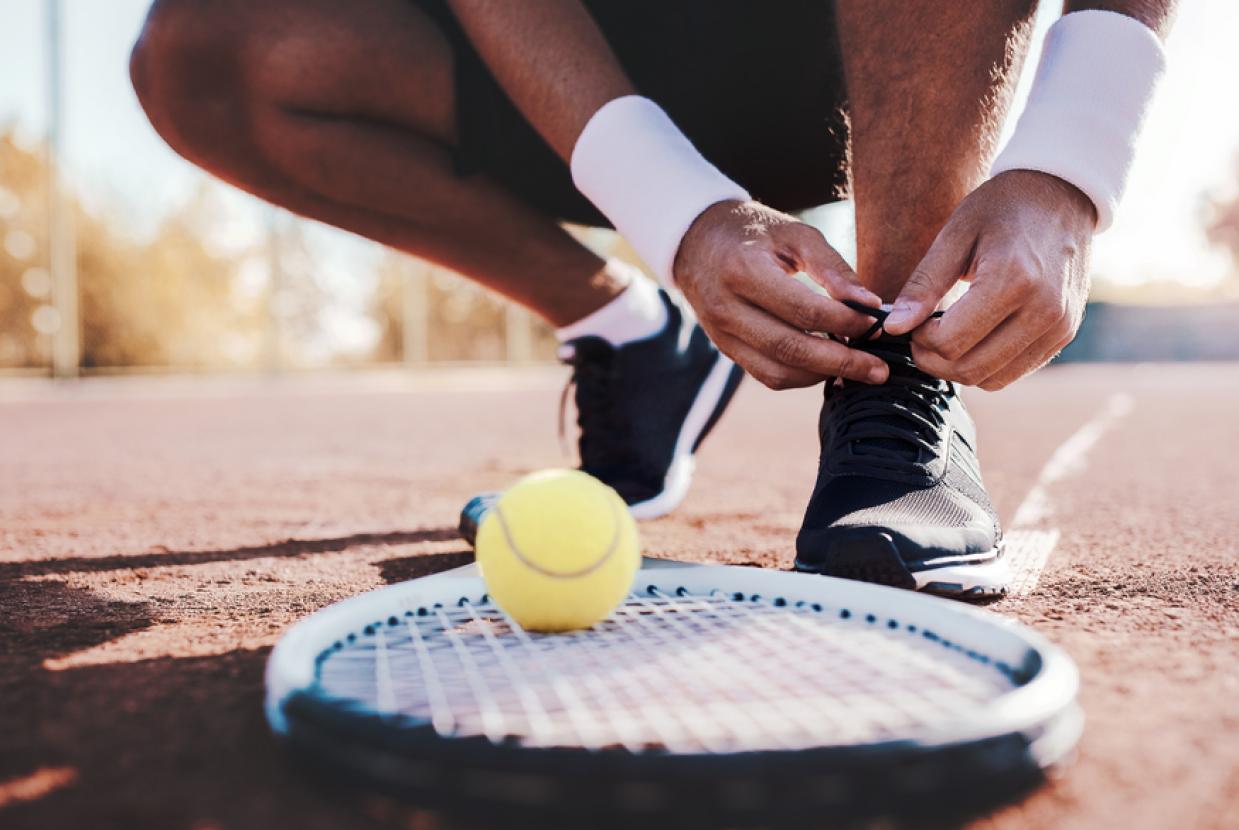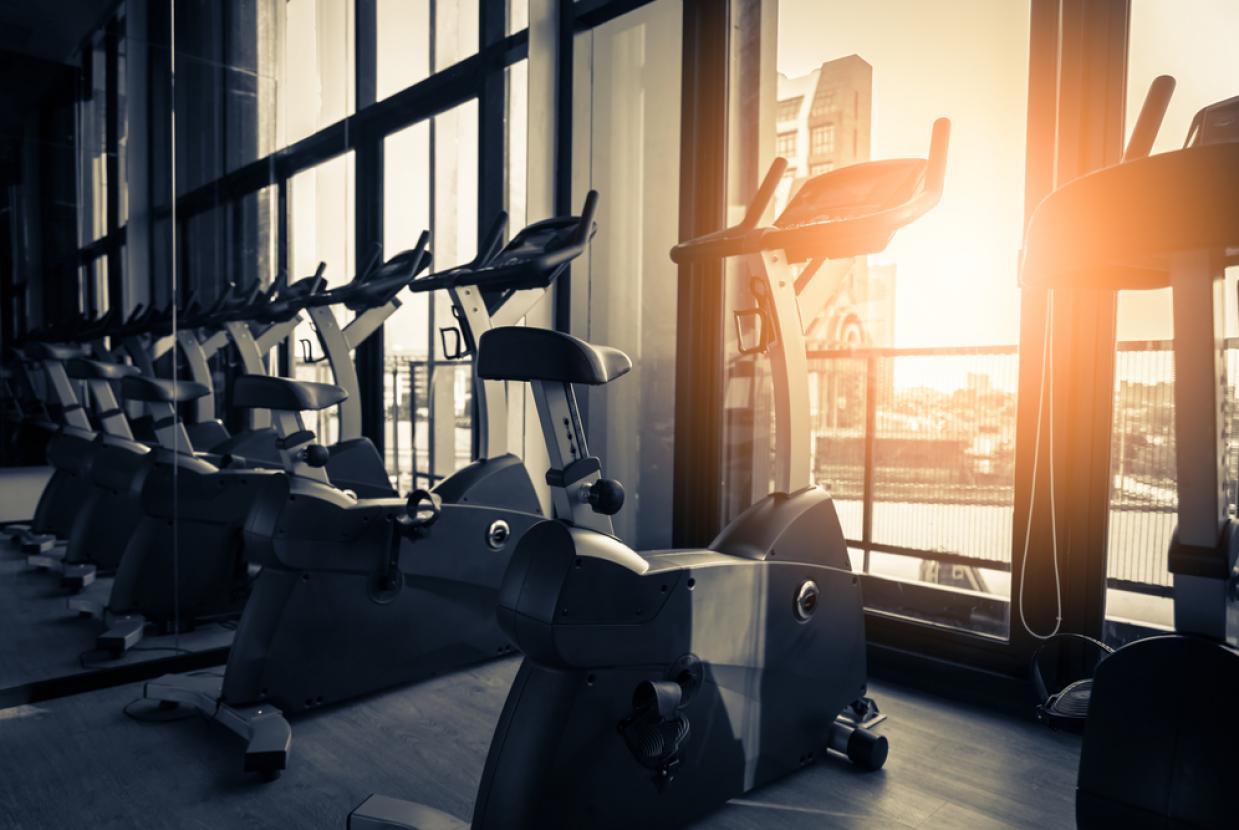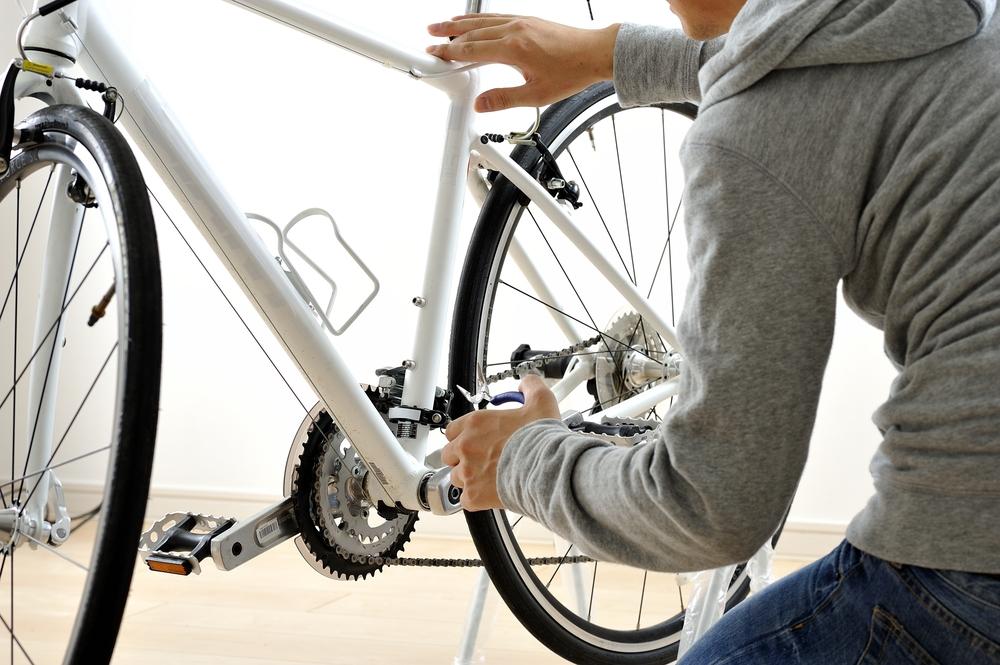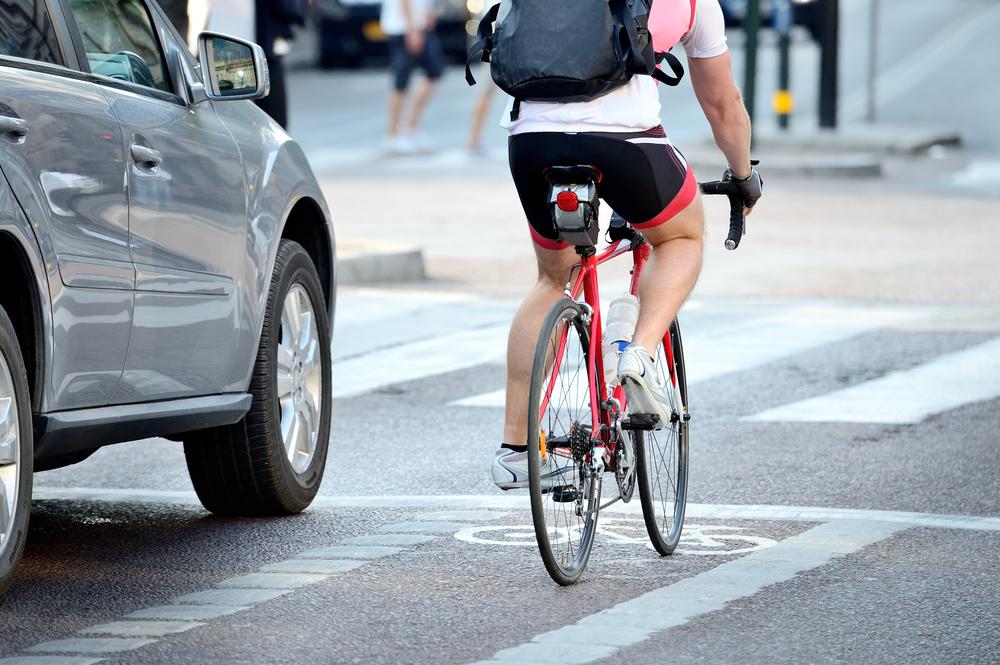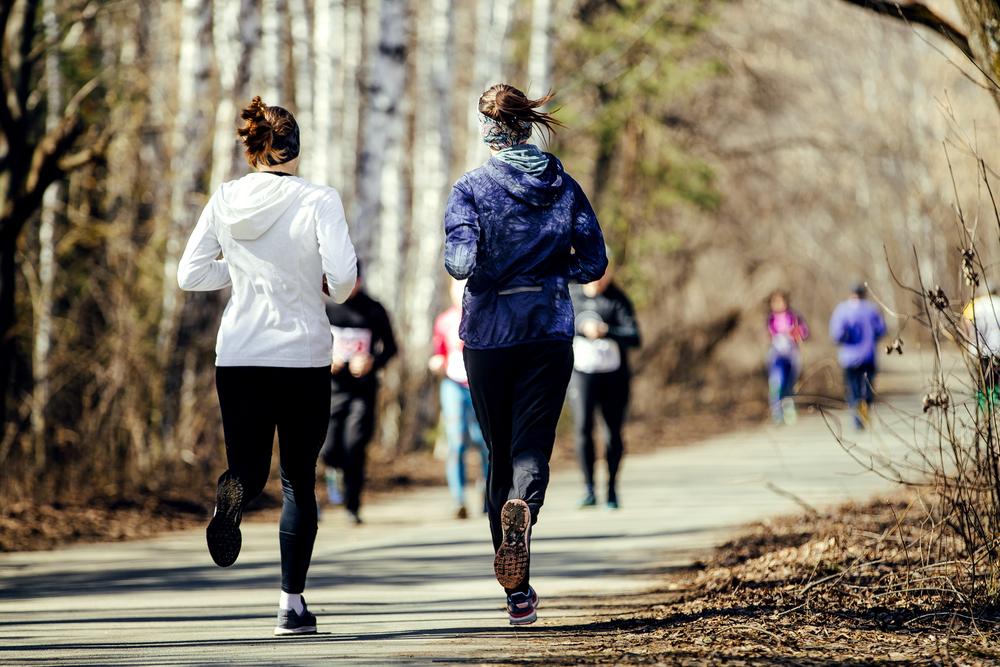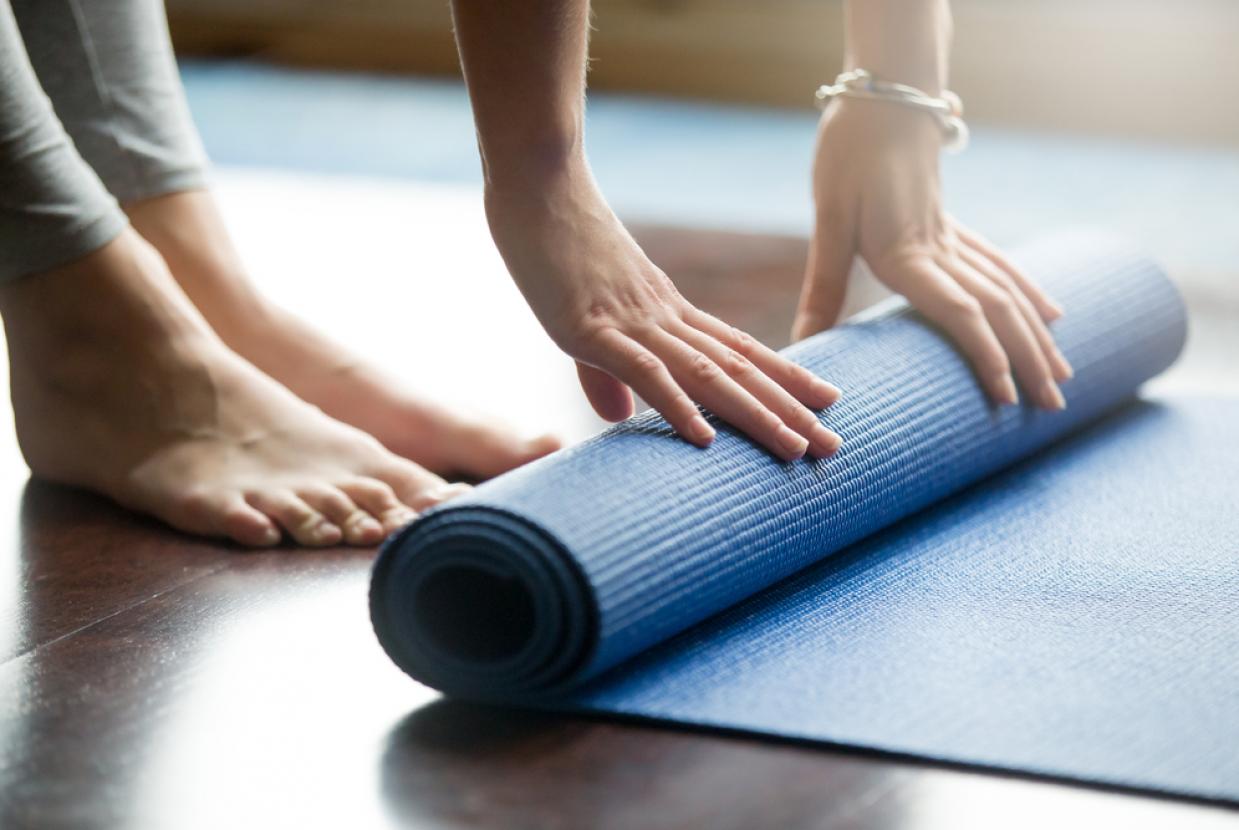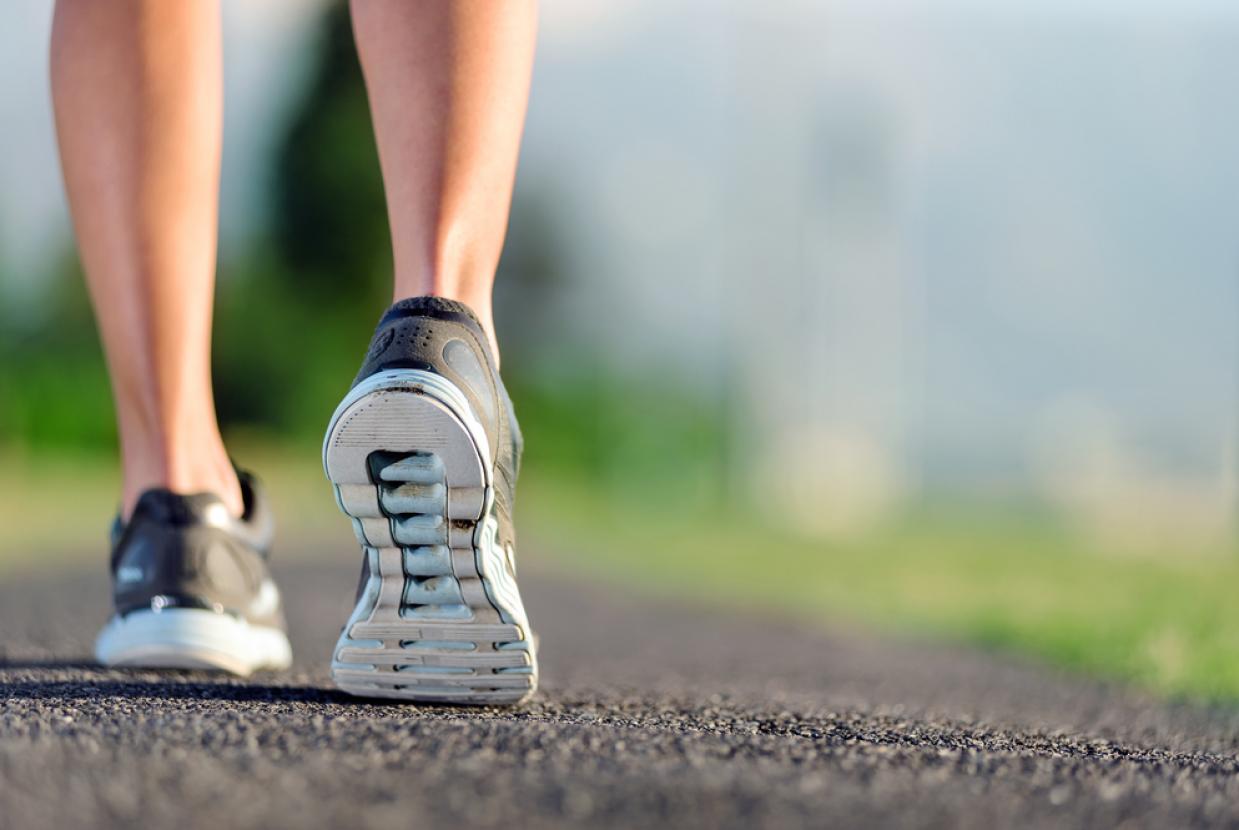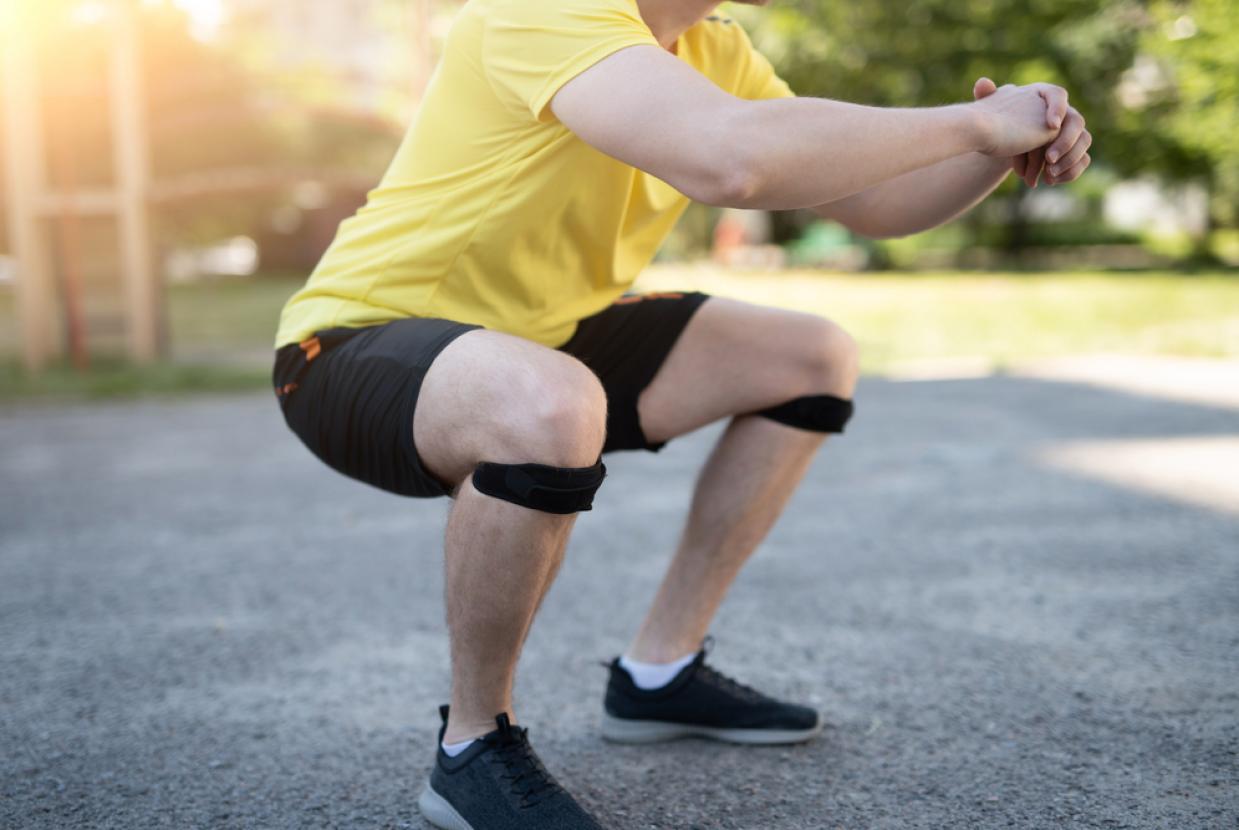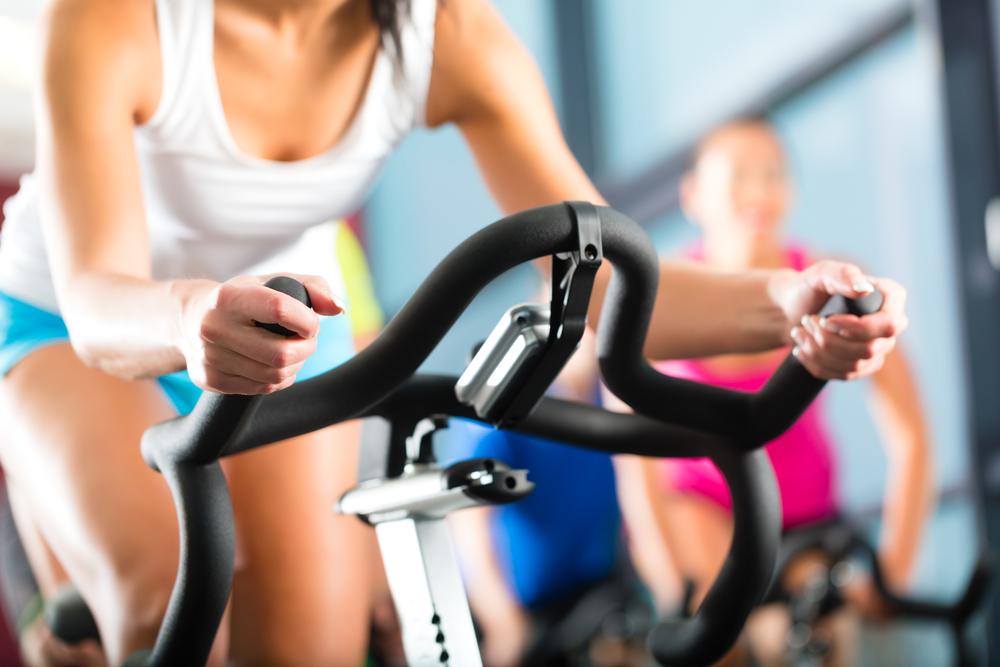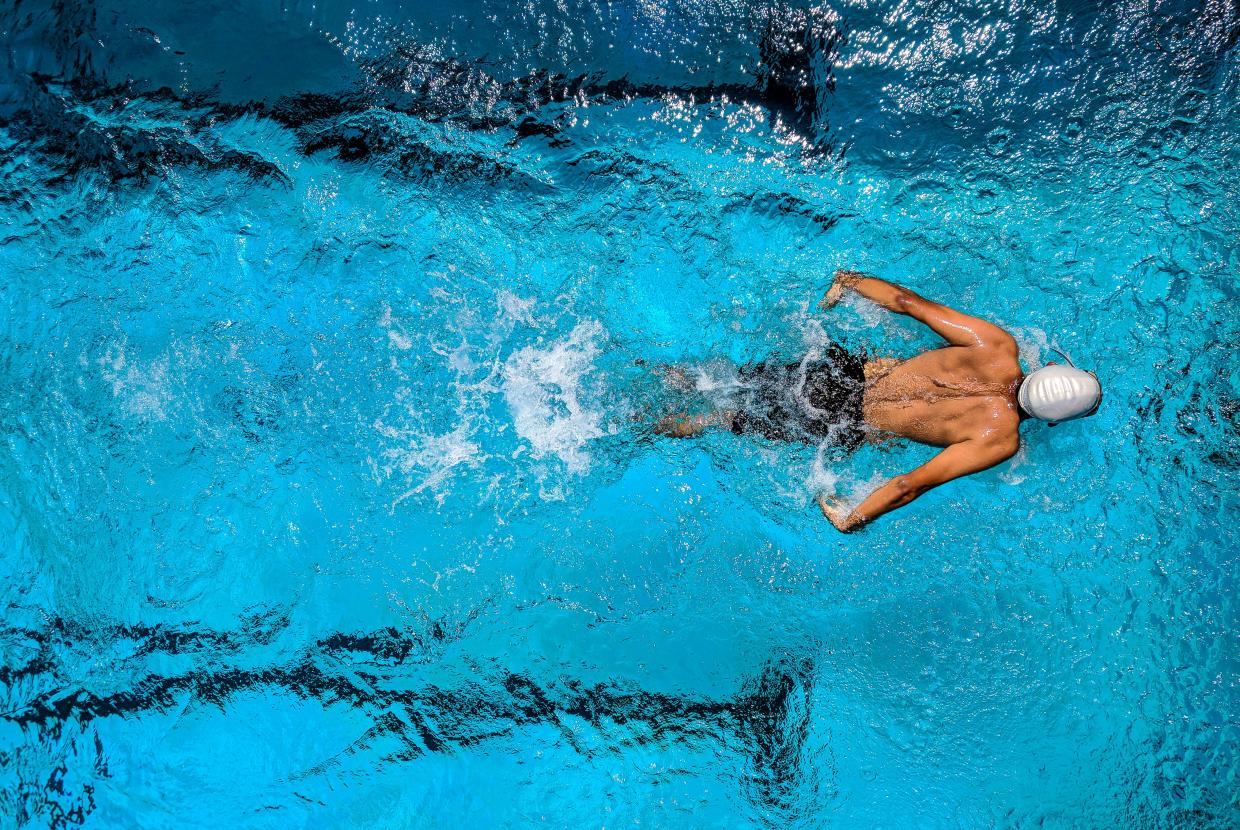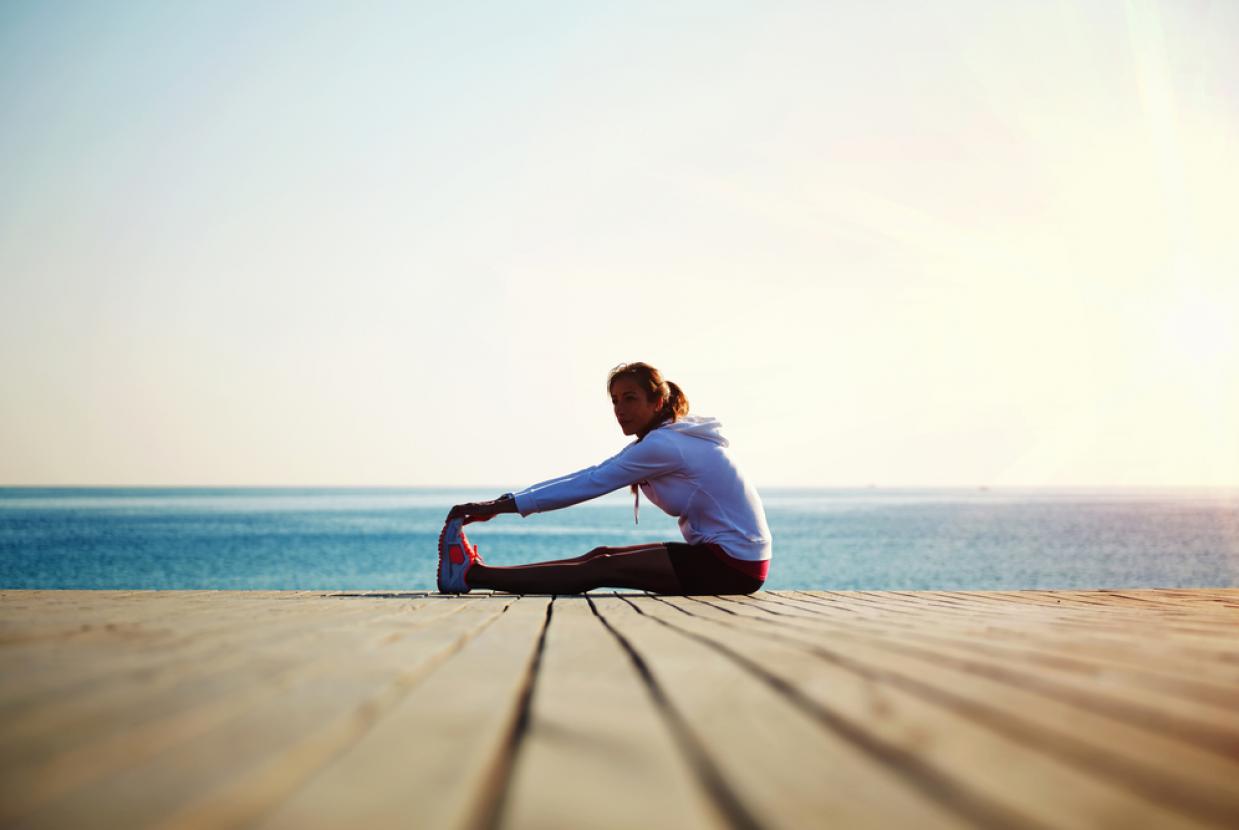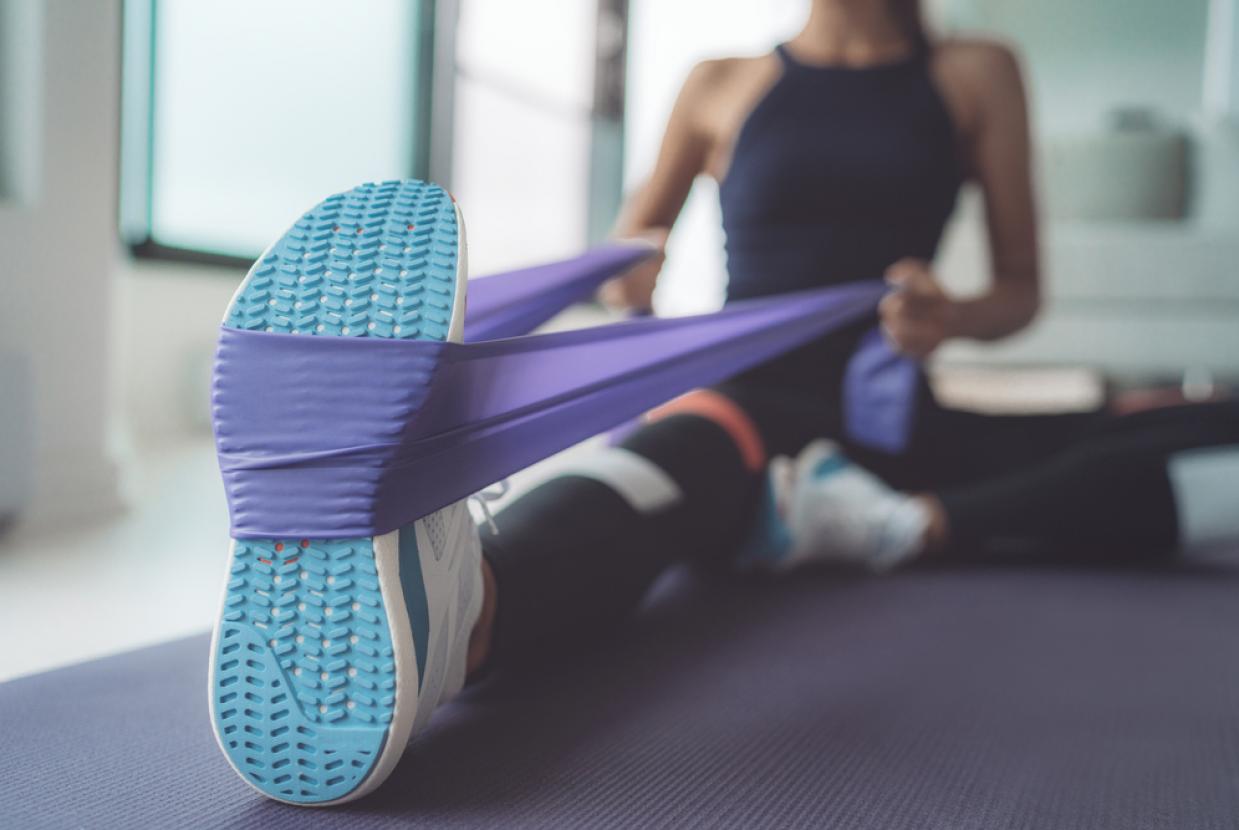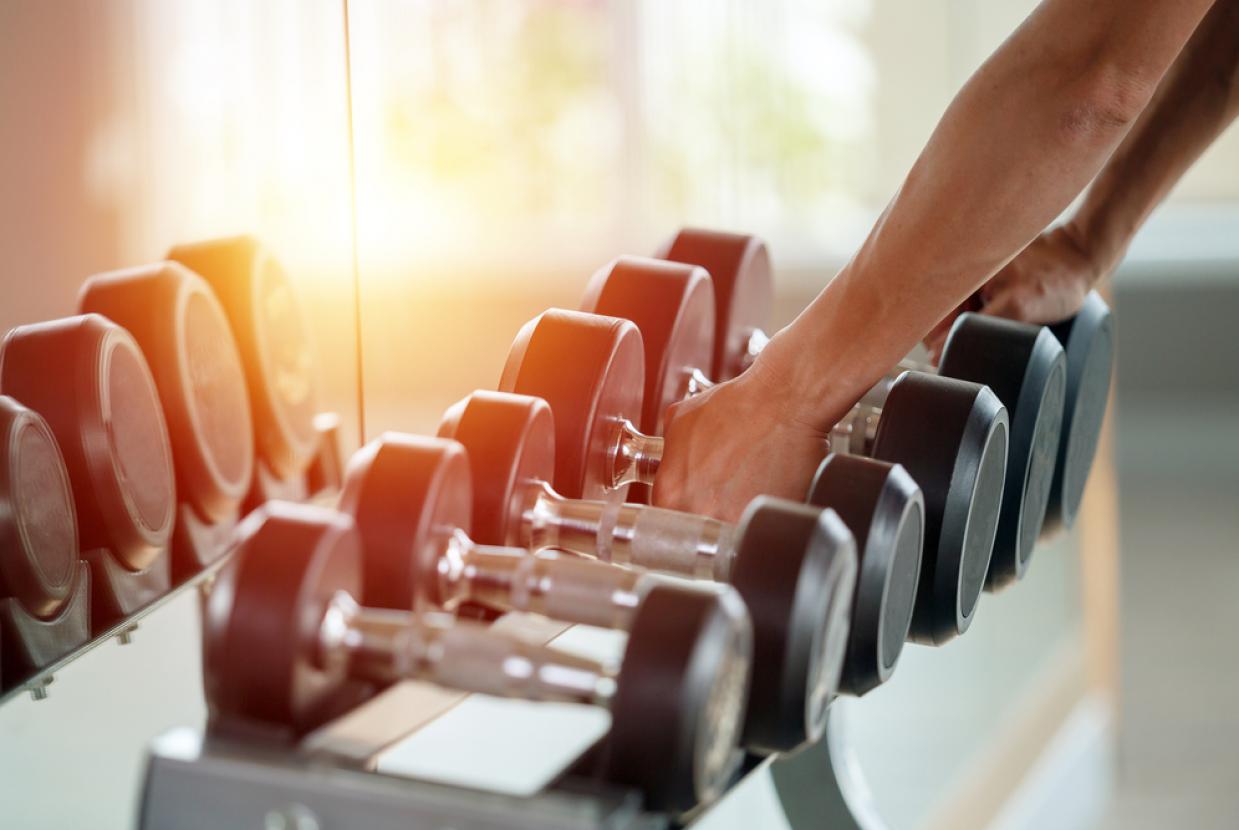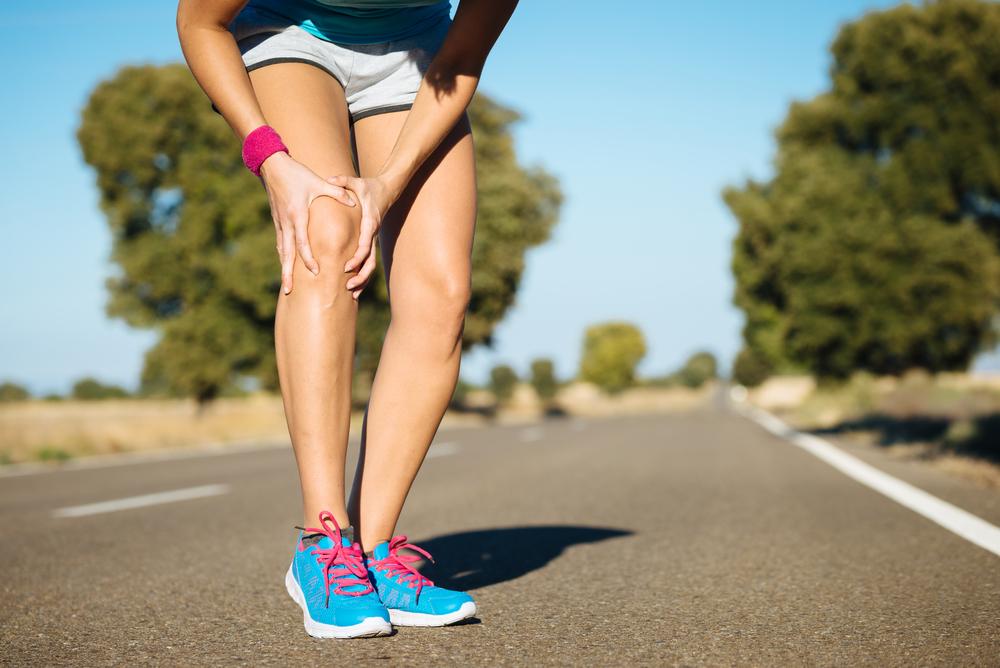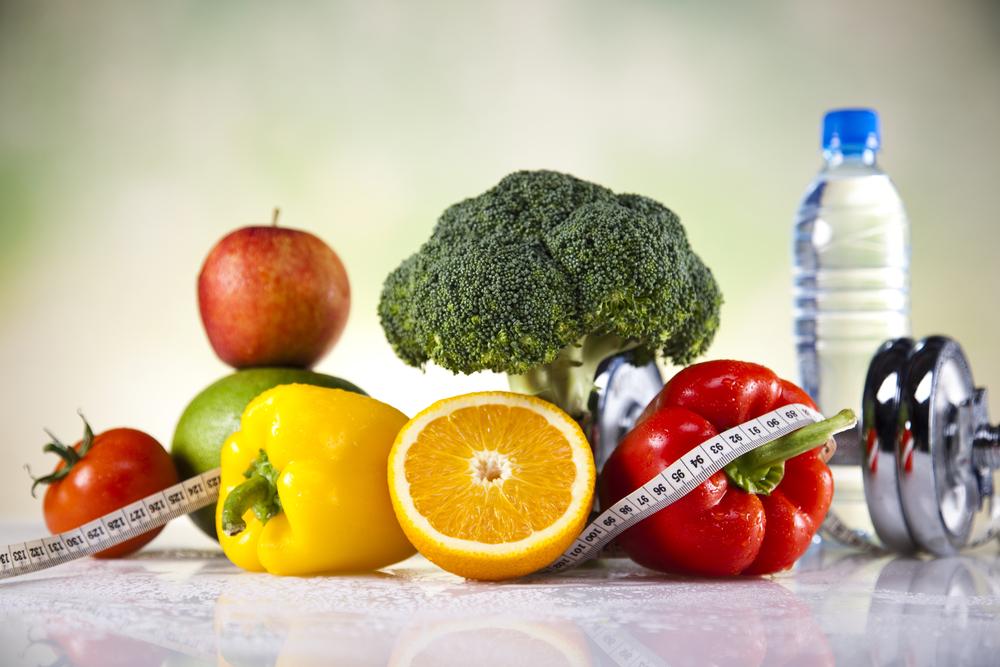Nutrition For Sport & Exercise
Nutrition plays a key role in supporting the training and competition demands of athletes – recreational or elite – in any sport. Good food choices help make sure you have enough energy, which in turn helps training and aids recovery.
Five sport nutrition principles
- Mix it up – Eat a varied and well-balanced diet that supplies the right amount of energy and essential nutrients.
- Fuel right – Choose a variety of food, including foods that contain carbohydrates, based on the amount of exercise you are doing and vary your intake accordingly.
- Strive for five – Eat at least five portions of fruit and vegetables a day; fresh, frozen, dried and canned all count. Variety is key.
- Refuel – If you need to recover quickly then start refuelling with carbohydrate foods and fluids as soon as possible after exercise.
- Think fluid – Ensure you are well-hydrated by drinking throughout the day as well as before, during and after exercise, as appropriate.
Fuel up – carbohydrates
No matter what your sport, carbohydrates are vital for your best performance. Exercising muscles rely on carbohydrate as their main source of fuel. The amount you need will depend on your training programme and dietary goals.
In general, people in a general fitness programme, who are not training to meet a performance goal, can meet their daily carbohydrate needs by eating a normal healthy diet.
Athletes involved in moderate and high-volume training will need greater amounts of carbohydrate.
A diet low in carbohydrate can lead to a lack of energy during exercise, early fatigue, loss of concentration and delayed recovery. In general people who do regular, intense training should make sure they get enough food energy, which includes from carbohydrate as well as not forgetting the importance of fluid.
If the right amount of food and fluid is eaten and drunk before, during and after exercise, performance can be maximised during exercise and recovery after exercise supported.
Carbohydrate is stored in muscles as glycogen. The body’s stores of glycogen are limited and need to be topped up each day, particularly if you are exercising each day or exercising at a high intensity.
The best way to avoid a mismatch is to have a regular meal/eating pattern which includes a low fat, high-carbohydrate snack or a light meal two-to-three hours before exercise. Then, after exercise starts, replenishing your glycogen stores immediately with a high-carbohydrate, low fat snack. The most effective refuelling occurs within the first hour after exercise.
Foods containing 50g of carbohydrate
- Two medium-large bananas
- 15 dried apricots
- 800ml isotonic sports drink
- Two slices of thick sliced bread
- 500ml fruit juice
- One large bowl (60g) breakfast cereal
- Two carbohydrate gels
- 150-160g cooked pasta/rice
- Three (25g) cereal bars
- One large potato
Estimated carbohydrate needs for athletes based on activity level and body weight
Activity or timing | Grams of carbohydrates per kg body weight per day* |
Keeping active (one to two hours of light to moderate activity three to five times a week) but no performance goal | 3-5g/kg/day |
Two to three hours per day intense activity five to six times per week | 5 - 8g/kg/day |
Three to six hours per day of intense activity in one to two daily workouts for five to six days per week | 8-10g/kg/day |
*Although general requirements can be provided, carbohydrate intakes should be fine-tuned with individual consideration of total energy needs, specific training needs and feedback from training performance.
What about protein?
Protein is required for building and repairing muscle and plays an important role in how the body responds to exercise.
One of the biggest myths is that eating large amounts of protein equates to big biceps! Strength athletes – or those involved in high volume, high intensity training – do have higher protein requirements (1.2-2.0g per kg body weight per day) than endurance athletes (1.2-1.8g per kg body weight per day) who have slightly higher requirements than the general sedentary population (0.8-1.2g per kg body weight per day). However, providing energy requirements are met, a healthy diet will provide enough protein to meet any increased requirements.
Protein should ideally be evenly distributed every three to four hours across the day. Studies show that the addition of 15-25g of protein to a post-workout meal or snack can boost glycogen storage, reduce muscle soreness and promote muscle repair. This can be any time in the 24 hours after your workout, although you may see reduced effects the longer you leave it.
Muscle is gained through a combination of resistance training and a diet that contains adequate energy and carbohydrate. If you only concentrate on a high protein intake without enough carbohydrate, then the protein will be used for energy instead of being used to build muscle! Additionally, too little carbohydrate will lead to low energy levels, which will make it very difficult for you to train and perform at your best.
Food portions providing 20g* protein
Food | Portion of Food |
Beef, lamb, pork (cooked weight) | 2 medium slices (75g) |
Chicken (cooked weight) | 1 small breast (75g) |
Fish (grilled) | 1 medium fillet/steak (100g) |
Tuna/salmon (tinned) | 1 small can (100g) |
Semi-skimmed milk | 1 pint (568ml) |
Low-fat cottage cheese | Half a 300g pot (150g) |
Low fat yoghurt | 200g pot |
Eggs | 3 medium eggs |
Baked beans | 1 large can (400g) |
Unsalted nuts or seeds | 2 handfuls (100g) |
Quorn mince | 6 ½ tablespoons (165g) |
*approximately
Focus on good fats
The total amount of fat (in grams per kg body weight each day) you need depends on your total energy requirements, body composition goals and sport. Athletes should follow healthy eating guidelines which focus on consuming moderate amounts of mono-unsaturated and omega-3 fats and a reduction in intake of saturated fats. The richest sources of monounsaturated fats include olive, rapeseed, groundnut and almond oils, avocados, olives, nuts and seeds - choose these.
Stay hydrated
Maintaining adequate hydration is essential for performance. Dehydration affects both physical and mental performance – the effects becoming more noticeable as the body gets progressively more dehydrated. It is important to start each training session and competition well hydrated, take on board appropriate fluids during training and competition and restore hydration levels as soon as possible afterwards in order to replace the water and salts lost as sweat.
There are a few simple yet effective ways of assessing hydration status such as keeping track of body weight on a daily basis, (i.e. estimating fluid losses during exercise) and monitoring changes in peeing habits - pee colour, frequency and volume. The choice of drink depends on intensity, duration of exercise and your training goals. In general:
- Low to moderate intensity exercise that lasts less than an hour i.e. when sweat losses are low → Water
- Moderate to hard sessions that last longer than 1 hour i.e. when sweat losses are greater → Isotonic sports drinks or a home-made sports drink (200ml squash [not low calorie], 800ml water and a large pinch of salt)
Supplements
In general, a balanced diet will provide the nutrients and energy necessary for sport. However, there are some sports where it may be beneficial to take a supplement (e.g. strength athletes may choose to take creatine). Athletes interested in using a supplement should consult an accredited sports dietitian to ensure they use the supplements safely and appropriately.
Top tips to get your foods to work for you
- Adjust your intake based on your training. Training volume and intensity can vary from day-to-day and week-to-week, along with your competition schedule. Eat and fuel your meals according to how hard or easy it is. Talk to your coach or trainer to ascertain how hard or easy sessions are.
- Plan ahead. Plan and prepare to fit your eating in around your training. Have protein and carbohydrate rich food on the plate at all meals. If you are training for multiple hours or at a very high intensity, sports drinks, sports bars and carbohydrate gels can boost your carbohydrate intake around training and competition.
- Tap into the experts. To ensure you get your nutrition just right, you may find it useful to consult a sports dietitian or registered sports nutritionist.
Summary
It is crucial to get your food and fluid intake right if you want to train harder, go faster and recover quicker from training sessions and competitions. Eat the right amount of food for your activity level, make sure you eat a range of foods to meet the ‘five sports nutrition principles’, but most of all – enjoy your food.



